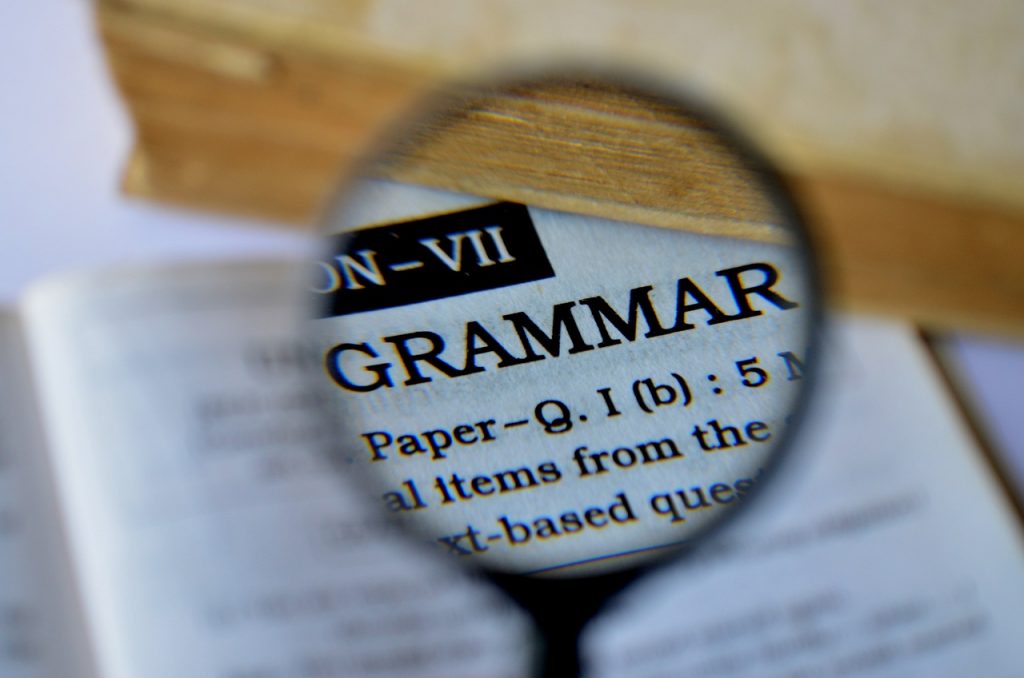The accusative case is one of the most used. Most verbs require this form, therefore it is especially important to master its endings.
WHAT?
When to use?
- After prepositions:
- about (o)
- aplink (around)
- per (for)
- pro (by)
- to (V [direction])
- not (To [to whom])
- according to (in accordance, quote)
- after (by [give out a book])
- already (for)
- After most verbs (Most verbs are verbs of the Ką form):
- I have a phone
- I see a cat
Note! There are cases, when KO form is used instead of KĄ.
- I have (a lot) obolių - we don’t know how many specifically and we can substitute words-markers of the genitive case “a lot/a little”
- I have 5 cloth
- Time. WHEN?
- at night, day, in the morning, this evening, winter etc.
Note! evening – in the evening (WHERE?)
Nouns
|
Male |
Courage |
||
|
Vns |
Dgs |
Vns |
Dgs |
|
\[ \begin{matrix} \left.begin{matrix} \\ as rightarrow ą \\ is, ys rightarrow to \\ us rightarrow ų end{matrix}\right} \_˛ \\ uo rightarrow en-to end{matrix} \] |
\[ \begin{matrix} \left.begin{matrix} \\ us \\ ius \\ us end{matrix}\right} (i)us \en-isend{matrix} \] |
\[ \left.begin{matrix} \\ a rightarrow ą\ ė rightarrow ę \\ from rightarrow to end{matrix}\right} \_˛ \] |
\[ \left.begin{matrix} \\ as \\ es \\ is end{matrix}\right} \_ s \] |
About the declension of nouns ending in -uo >> READ
Adjectives
|
Male |
Courage |
||
|
Vns |
Dgs |
Vns |
Dgs |
|
\[ \left.begin{matrix} \\ as rightarrow ą \\ us rightarrow ų \\ inis rightarrow inį end{matrix}\right} \_˛ \] |
\[ \left.begin{matrix} \\ us \\ ius \\ inius end{matrix}\right} (i)us \] |
\[ \left.begin{matrix} \\ a rightarrow ą \\ and rightarrow ią \\ ine rightarrow ine end{matrix}\right} \_˛ \] |
\[ \left.begin{matrix} \\ as \\ ias \\ ines end{matrix}\right} \_ s \] |
Numbers
|
Male |
Courage |
|
|
1 |
alone |
alone |
|
2 |
of |
dvi |
|
3 |
tris |
|
|
4-9 |
catsis-sorcereris |
fouras-nineas |
Pronouns
|
I |
mane |
Mes |
mus |
|
Tu |
you |
You |
jus |
|
He |
him |
They |
them |
|
Ji |
I |
If |
jas |
Numeral, adjective, noun:
(3-9) Male: is – us – us
(4-9) Courage: as – a/es – _s


